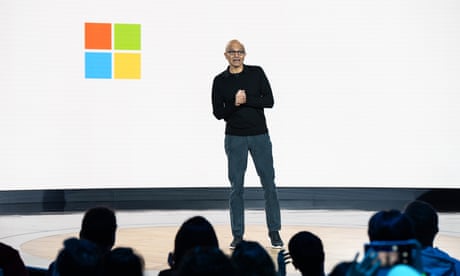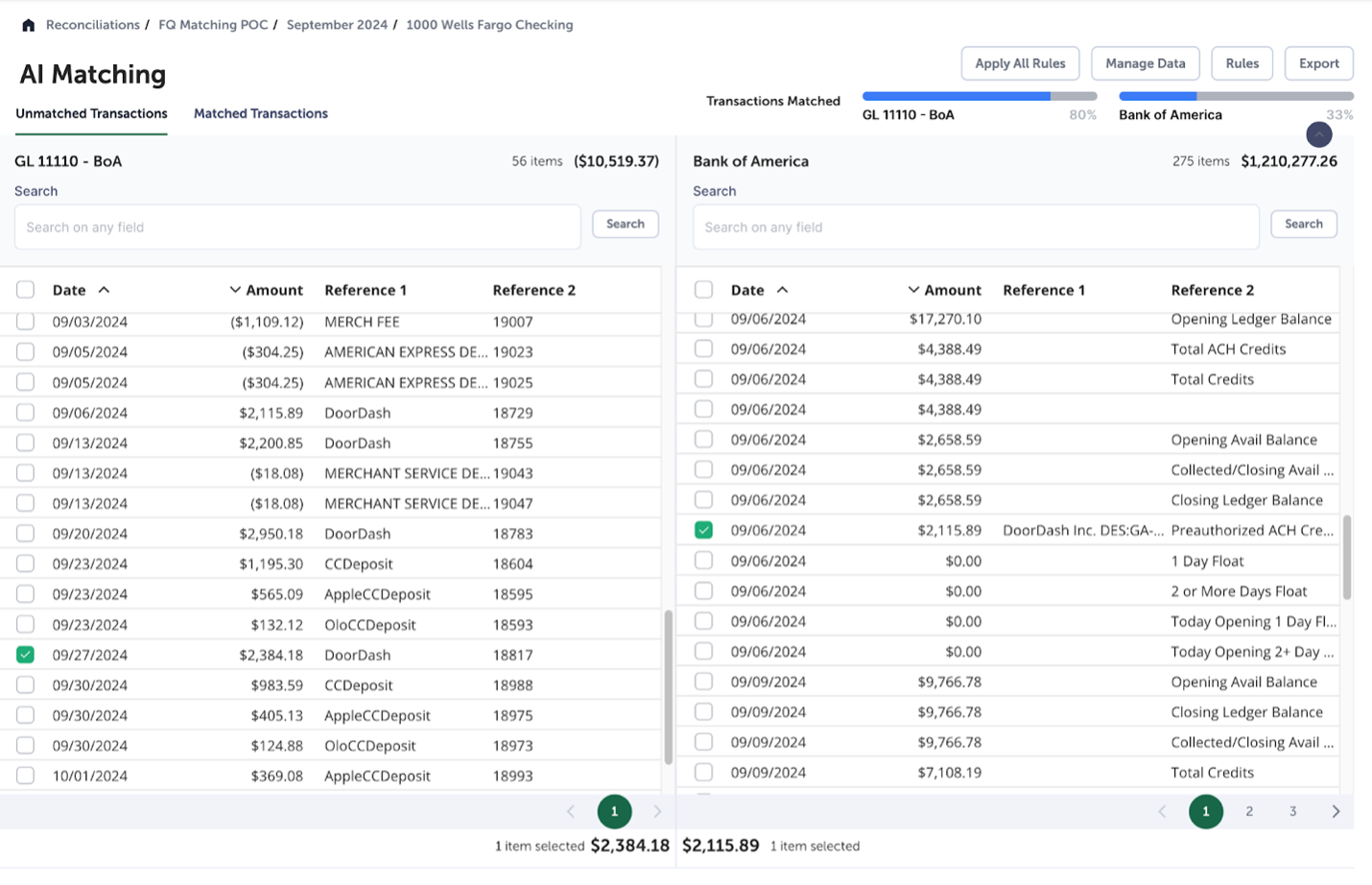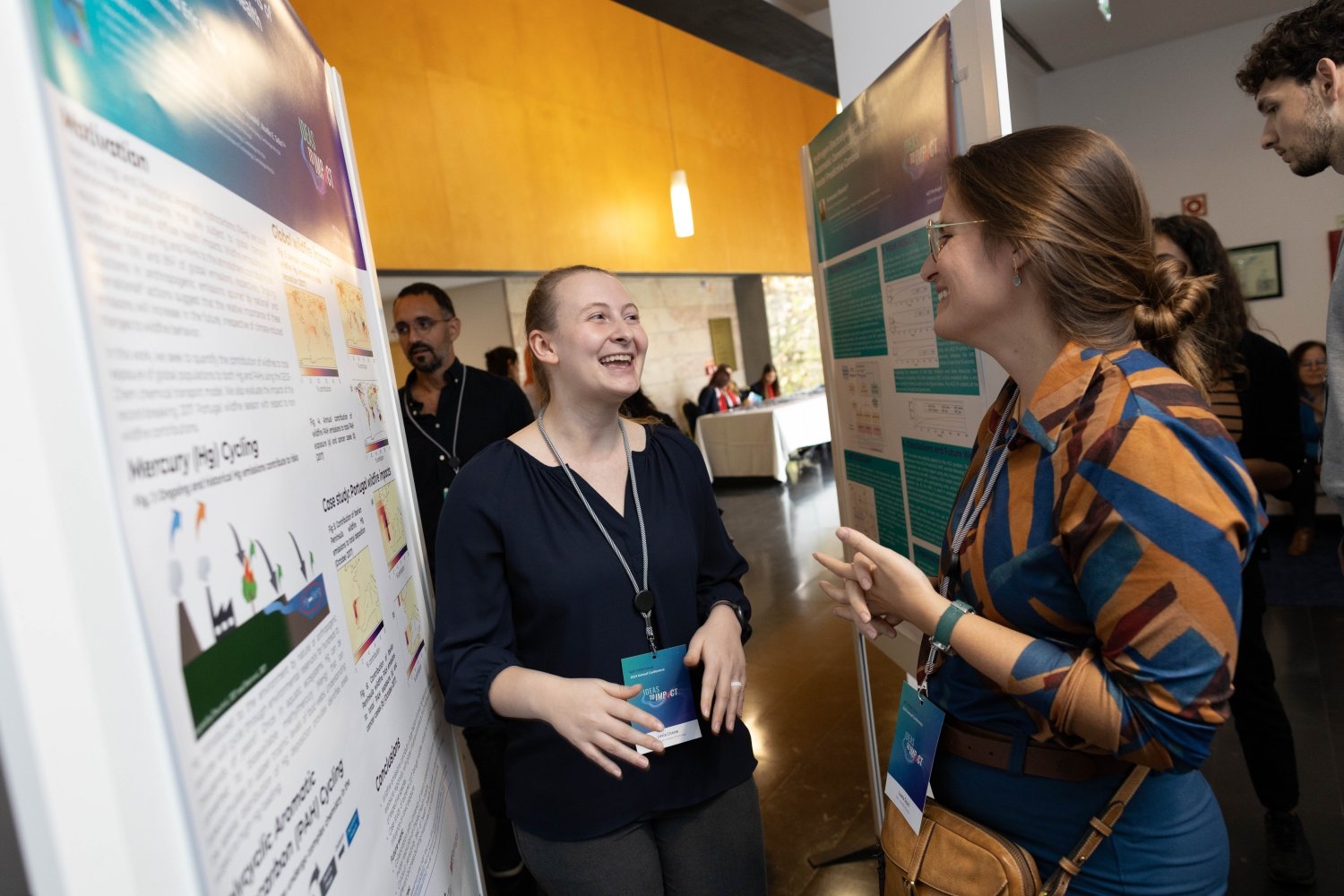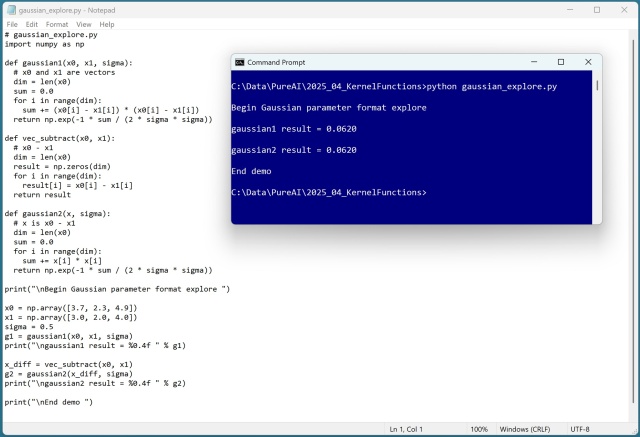Product Analytics tracks customer engagement, reveals behavioral patterns, and drives adoption, retention, and conversion. Product-Market Fit is key for sustainable growth, with indicators like cohort retention trends and PMF surveys revealing customer satisfaction and advocacy.
Government to conduct economic impact assessment of copyright changes, addressing artists' concerns before crucial vote. Promise to publish reports on transparency, licensing, and data access for AI developers.
Data scientists face challenges in the experimentation phase due to reliance on Jupyter Notebooks and poor coding practices. Implementing structured principles can streamline experimentation, reduce time to value, and improve project delivery efficiency.
Microsoft plans to invest $80bn in AI this year, exceeding revenue expectations with $70.07bn reported. Earnings per share surpass analyst predictions at $3.46, showcasing AI's financial success.
Generative AI solutions like Amazon Bedrock are transforming industries, empowering organizations to leverage foundation models for innovative AI applications. FloQast, with over 2,800 clients, streamlines accounting operations using AI-powered solutions on Amazon Bedrock, tackling complexities at scale.
BBC Maestro offers online video lessons by "Agatha Christie" on crime writing tips, utilizing AI technology and restored audio recordings. Aspiring writers can learn about story structure, plot twists, and suspense directly from the iconic author herself.
The MIT-Portugal Program (MPP) has signed a new agreement with the Portuguese Science and Technology Foundation (FCT) to support innovative research in fields like AI and climate change until 2030. This longstanding partnership has fostered trust, collaboration, and impactful scientific contributions, with a focus on addressing global challenges and transforming economies.
Dealing with varying vocabulary in machine learning, the Gaussian kernel measures vector similarity. Inconsistencies in notation pose a challenge for understanding kernel functions in research and applications.
Link prediction is a popular topic in social networks, e-commerce, and biology. Methods range from simple heuristics to advanced GNN-based models like SEAL.
LogiGreen founder discusses using AI to enhance Supply Chain Analytics for sustainable transformations, overcoming challenges faced by companies. Agentic AI aids in improving reporting and expediting sustainable initiative implementation.
Amazon Nova models offer cutting-edge intelligence and cost-performance on Amazon Bedrock. Transitioning to these models requires prompt optimization and thorough evaluation for performance consistency and improvement.
From QA engineer to data analytics self-taught expert, navigating the blurred lines of data roles in a fast-evolving tech world. Exploring the real differences between data roles through a fictional quick-commerce startup, Quikee, and its data needs.
Building a reliable transcription system for long audio interviews in French using Google's Vertex AI posed unexpected challenges. Despite model limitations, the team navigated through budget evaluations and timestamp drift disasters to create a scalable solution.
Introducing AutoPatchBench, a benchmark for automated vulnerability repair through AI, now available on GitHub. This initiative aims to enhance security solutions by evaluating and comparing AI program repair systems for fuzzing-identified vulnerabilities.
Agentic AI poses new challenges for developers in ensuring alignment with human intent and societal norms. These advanced systems can strategize and execute long-term covert strategies, requiring novel approaches to safety and alignment.















